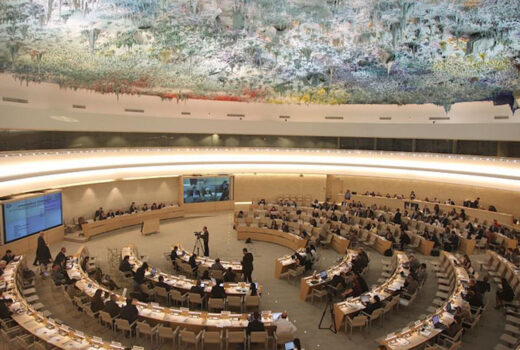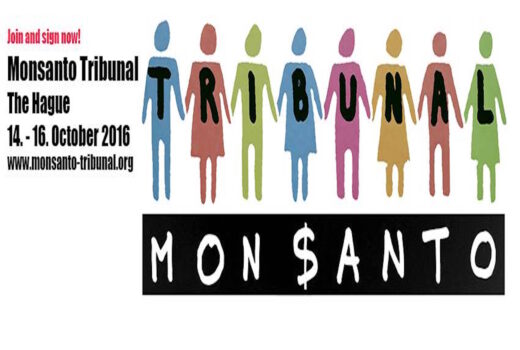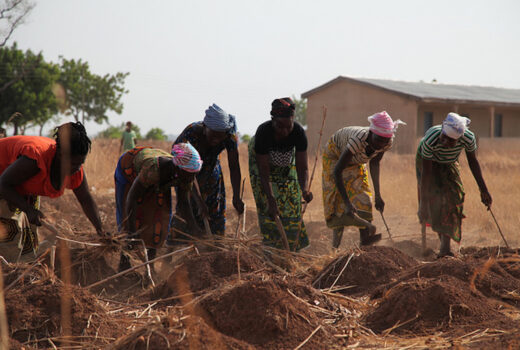A full list of STWR’s publications as well as related news, articles and blogs can be found below.
Human rights beyond borders: The Maastricht Principles turn five
Blog / 8th October 2016Five years ago, the Maastricht Principles on Extraterritorial Obligations of States was adopted in the area of Economic, Social and Cultural Rights, and these Principles are increasingly being used by civil society organisations to hold States accountable for their extraterritorial conduct. Human rights obligations are now well recognized to extend beyond borders, as explained in the following news update published by the ETO Consortium.
The struggle for a UN Treaty: Towards global regulation on human rights and business
Article / 8th October 2016A global alliance of civil society organizations are demanding a binding treaty to regulate the activities of transnational corporations with respect to human rights. The Treaty process presents a unique opportunity for governments to prove that it is in their hands to put human rights above the interests of big business. Because profits can be shared—human rights cannot, write Jens Martens and Karolin Seitz.
‘Good news’ claiming ‘falling global poverty’ isn’t news at all
Blog / 7th October 2016Is poverty really on the decline across the world, as widely reported by the World Bank and United Nations? This ‘good news’ narrative is far from the whole truth, explains The Rules team.
Monsanto Tribunal and People’s Assembly
Article / 6th October 2016Civil society groups have organised a people’s assembly to hold Monsanto accountable for their crimes against humanity and the environment, and to spell out an alternative vision for the future of food and farming based on reclaiming the commons, earth democracy and agroecology.
Seeds of corporate power vs farmers’ rights
Article / 6th October 2016The expansion of corporate control in agriculture is reflected in three international treaties that establish the global rights of various stakeholders to seeds, germplasm, and plant varieties. But the balance of power needs to tilt back the other way, with farmers’ rights taking precedence over agribusiness profits, whether in these treaties or in trade deals, explains Karen Hansen-Kuhn.




